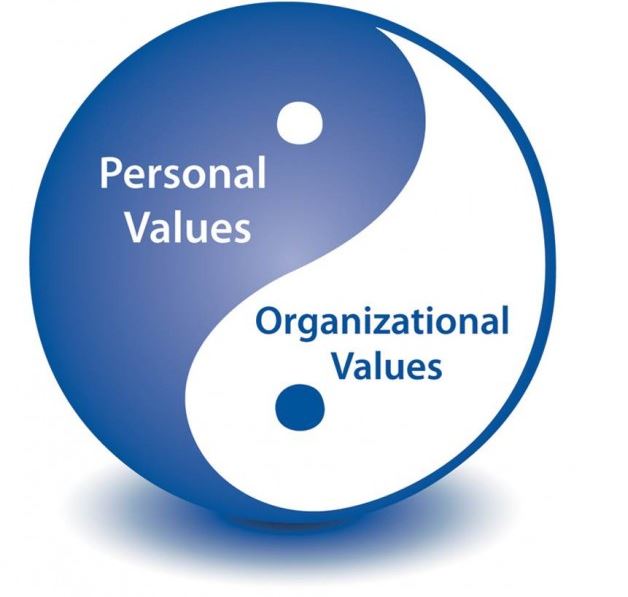When thinking about how to describe the duties and responsibilities of your own role, it is important to think about the things that you do as part of your job function (duties) and the professional obligations that you have towards others (responsibilities). You can make a good start by looking at your current job description for your duties and by reading company policies and procedures for your responsibilities as an employee.
Duties
All jobs have duties that must be performed as part of a contract with an employer. It is important to be fully aware of what your duties are and that you can perform them competently. As well as the day-to-day operational tasks, there are other duties that you will have to do as an employee of the organisation you work for.
Duties towards clients
This includes all the general care you provide from day to day to your client(s), whether it be offering medication, taking them to activities, helping them to make friends, supporting them to cook meals, helping them to plan their future etc. etc. These duties should be well-documented in the individual’s care plan.
Duties towards employer
Your employer will also expect you to complete several other duties such as completing your timesheet, inducting/mentoring new staff, attending training and taking responsibility for own personal development, attending meetings, communicating with other professionals and colleagues etc. etc.
Responsibilities
Although, quite obviously, you have a responsibility to the individuals that you support, you should also think about the responsibilities you have towards your co-workers, managers, company directors, other supporting professionals that you may be called to work with and society as a whole.
Responsibilities towards clients
Working in health and social care means that we are often responsible for helping our clients achieve the best possible outcomes. This will not always be possible – we cannot force clients to do anything or behave in a particular way – but we should encourage them. And we should always be accountable for our actions. Some responsibilities you may have towards your clients is ensuring they are offered their correct medication at the correct time or ensuring they wake up in time for work.
We also have a responsibility to respect the beliefs, attitudes and views of the individuals we support, even if we don’t agree, and don’t force our own opinions on them.
Responsibilities towards co-workers
For example, The Health & Safety at Work Act 1974 says that all employees are responsible for the welfare of their colleagues, site visitors and general public and must work in a way that does not put anyone at risk. In addition, if an employee observes a hazard to health and safety, they must by law report it to a manager.
Responsibilities towards manager and organisation
You also have a duties an responsibilities towards you manager and the organisation that you work for as a whole. This will include things like turning up to work on time, behaving in an appropriate manner whilst at work and not bringing the organisation into disrepute.
Responsibilities towards other professionals
You may find that you have responsibilities to work in partnership with other professionals that are not part of your organisation. This could be working with a dietitian to support an individual to eat healthily or maybe working with a social worker to look after the best interests of a client.
Responsibilities towards the general public
We also all have a duty of care to safeguard others, whether we work with them or not, and a responsibility to report any suspicions of abuse to the relevant authorities. This could be your manager, an in-house safeguarding representative, social services safeguarding team or even the police depending on severity.
Example answer
My current role is to assist two young adults with learning disabilities and autism to live as independent a life as possible. This includes:
- helping with meal planning and preparation and maintaining a healthy diet
- helping to plan and organise activities
- assisting with personal development
- helping to maintain a good standard of health and hygiene
- helping to maintain a clean and clutter-free household
- assistance with medication
I also have responsibilities to the organisation work for, which includes:
- following company policies and procedures
- working in a cost-effective manner
- seeking opportunities for personal and professional growth
As well as following internal policies, I am also obliged to ensure I work within legal guidelines including health and safety legislation and CQC compliance.
I work with a person-centred values approach, which means that I always treat each service user as an individual and support them in a way that is preferential to them using a mutually agreed care plan.


